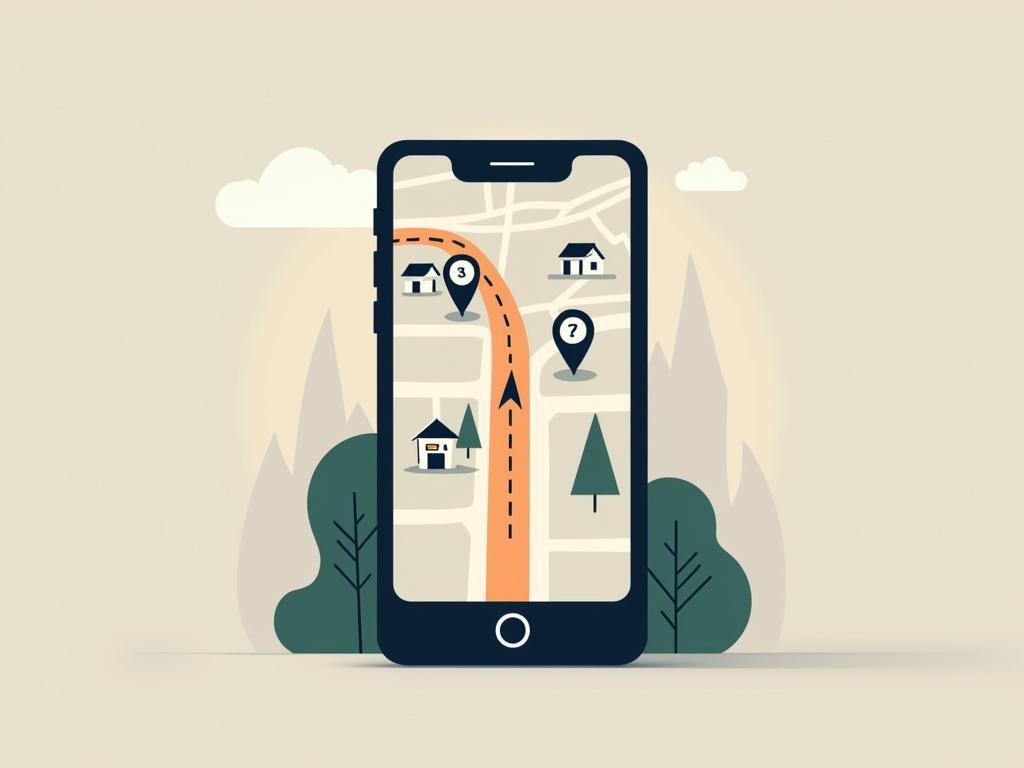
Waze Navigation App to End Support for Older Android Devices
Waze, the popular community-driven navigation app, will soon require Android 10 or newer operating systems to run its latest version, leaving users with older devices unable to receive new features or security updates. This significant change comes as part of a broader technological evolution in mobile navigation.
The Google-owned navigation platform's decision reflects a broader industry trend where app developers are moving away from supporting legacy operating systems to streamline development and enhance security features.
Impact on Users and Market Significance
The upcoming change will affect approximately 5-10% of Android users still running Android 9 or earlier versions. While existing installations will continue to function, these devices will no longer receive critical updates or access to new features once the changes roll out in the coming weeks.
This transition particularly impacts regions with slower device turnover rates, where users may face pressure to upgrade their smartphones prematurely. The move could disproportionately affect users in markets where device replacement cycles are longer due to economic factors.
Industry Trends and Technical Considerations
The decision aligns with similar moves by major tech companies including Google, Meta, and Microsoft, who have shortened their OS support windows in recent years. For developers, dropping legacy support offers several advantages:
- Reduced maintenance complexity
- Access to newer APIs and development frameworks
- Enhanced security implementation
- Streamlined feature deployment
Future Implications and Recommendations
The Israeli-developed app, which Google acquired in 2013 for US$1.1 billion (A$1.7 billion), has built its reputation on providing real-time, crowdsourced traffic updates, route suggestions, and hazard alerts to its global user base.
Users with older Android devices should verify their operating system version and evaluate upgrade options if necessary. Businesses relying on Waze for logistics must ensure their device fleet meets the new requirements, while tech-savvy users can assist less experienced individuals during this transition.
This development signals a continuing trend in the tech industry, where maintaining backward compatibility is increasingly being sacrificed in favor of advancing features and security. For most Australian users with current smartphones, the change will have minimal impact, but it serves as a reminder that keeping devices updated is becoming increasingly important in our connected world.
